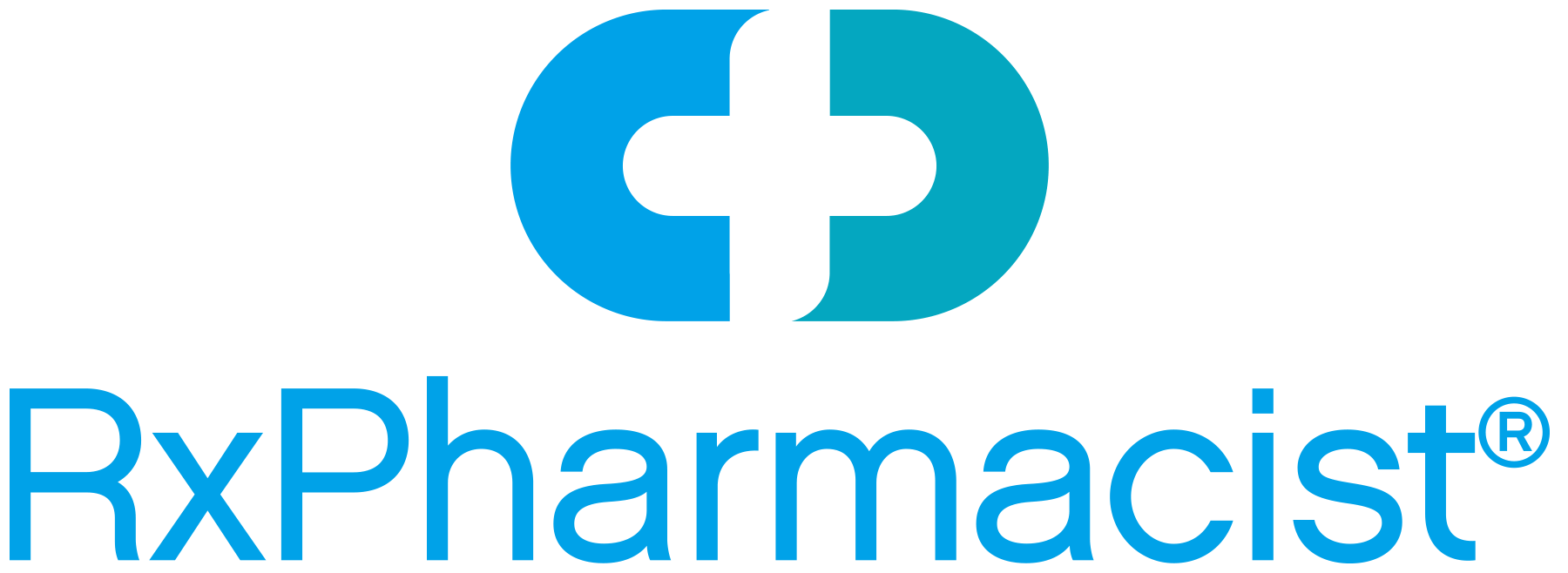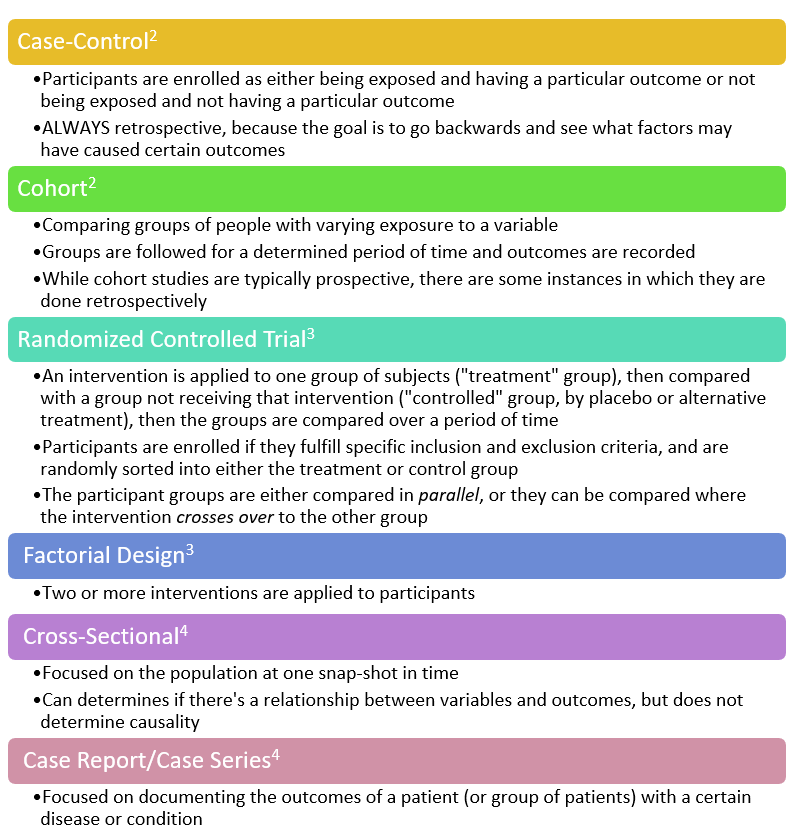Post-traumatic Stress Disorder: Current and Future Treatment Options for Clinicians

PTSD Overview
Post-traumatic stress disorder (PTSD) is a type of anxiety disorder that is more common than you might think. It is estimated that at least 60% of men and 50% of women will go through some sort of traumatic experience in their lifetime.1 Also, the one-year prevalence of PTSD in the United States is approximately 3.5 to 4.7 percent.2 PSTD has long been associated with the terms “shell shock,” “post-Vietnam syndrome,” and “combat fatigue” in veterans for years; however, PTSD can occur in all populations regardless of age, gender, race, or socioeconomic status.3 There are many treatments available for PTSD that have been proven effective and in recent years, there have also been innovative yet experimental approaches to treating PTSD.
In summary, PTSD occurs after a traumatic experience (e.g., car collision, sexual assault, witnessing a death, developing a serious medical illness) and can manifest in different ways months to years after the trauma has passed. Although every case of PTSD is unique, many people will experience hallmark symptoms or manifestations such as intrusion, hyperarousal, avoidance,and distortions in thinking. These symptoms must be present for at least a month and cause marked distress that impairs the person’s quality of life.3
| PTSD Symptoms/Manifestations3 | ||
| Term | Definition | Examples |
| Intrusion | Unwanted and intrusive thoughts associated with trauma. This is also known as “re-living” the traumatic experience and can occur with constant flashbacks or nightmares. Certain noises, sights, and smells of a similar manner in which the trauma occurred can trigger strong, spontaneous emotions. | A retired veteran wakes up from a recurring nightmare about an airstrike that occurred 30 years agoA woman has an instant flashback of a robbery that happened a year ago while hearing popping of balloons in a department store |
| Hyperarousal | The state of being irritable, easily shaken, hypervigilant, self-destructive, distracted, or unreasonably aggressive after a traumatic experience occurs. | A young man becomes overprotective of his 5-year-old daughter around dogs after a he suffered a vicious dog attack last month A woman flinches when people hug her during get-togethers after a close family friend sexually assaulted her years ago |
| Avoidance | Evading or going out of one’s way to avoid situations, places, discussions, activities, or objects that serve as triggers of past trauma. | A man takes a shortcut on his way to work to avoid the construction site where he crashed into another car during a busy intersectionA girl avoids rollercoasters when she goes to amusements parks after her friend was ejected next to her on a ride with faulty safety equipment |
| Distortions in Thinking | Irrational, distorted, or negative thinking in one’s behavior, feelings or thoughts after experiencing trauma. This can lead to beliefs that oneself or other people are “untrustworthy” or “bad.” Sometimes there is also thinking that oneself or other people do not deserve happiness or the right to lead a normal life. | A woman holds anger directed at all of her doctors after learning her primary care physician misdiagnosed her serious heart condition that caused a delay treatmentA man cuts off all communication with his friends and family after he was robbed at knifepoint while walking to the bus stop two years ago |
As always, it is important that proper diagnosis from either a psychiatrist, physician assistant, nurse practitioner, or licensed therapist is confirmed before any treatments are started. Related conditions that can highly mimic PTSD are the following3:
- social anxiety disorder
- panic disorder
- agoraphobia
- separation anxiety disorder
- social anxiety disorder,
- acute stress disorder,
- disinhibited social engagement disorder, adjustment disorder
- reactive attachment disorder (in children)

Current Evidenced-based Treatments for PTSD
There are a wide array of treatments for PTSD that are backed by evidence-based science. PTSD patients can choose nonpharmacological, pharmacological, or a combination of both. At times patients can be hesitant to try a new medication and might want to explore other approaches first. Since patient situations and circumstances vary, the provider and patient will come up with a plan for the best course of treatment. Nonpharmacological treatments for PTSD psychotherapies involve cognitive behavioral therapy (CBT). The types of CBT that are promoted by the American Psychological Association (APA) guidelines and the Veterans Health Administration and Department of Defense (VA/DoD) guidelines are4,5:
- Cognitive Processing Therapy (CPT) – A type of PTSD therapy that focuses on changing internal thoughts and feelings in order to eliminate current and future negative thoughts and actions. CPT encourages the patient to rationalize or “make sense” of the traumatic experience, and how it has changed their perceptions either about themselves or others around them. CPT is typically 12 sessions (once weekly) and the patient will learn tools to help them come to terms with their trauma and how to cope with everyday life.6
- Prolonged Exposure (PE) – A type of PTSD therapy that involves “rechallenging” or gradual repeated exposure to a situation, place, or activity that was once the source of trauma for the patient. PET helps the patient to incorporate “emotional processing” to slowly process the events related to the trauma that was not processed initially. To help guide this process, in vivo and imagined exposure are incorporated into therapy. In vivo exposure encourages patients to go back to the event, situation, or activity to accomplish a sense of desensitization of the trauma. Imagined exposure helps patients with confronting thoughts, memories and feeling surrounding the traumatic experience.6

Another psychotherapy treatment for PTSD is Eye Movement Desensitization Reprocessing (EMDR). This involves the patient recalling the trauma and examining the patient’s current emotional state. The patient moves their eyes from side to side during the session and the patient slowly incorporates positive thoughts when the traumatic thoughts subside.6
The APA and the VA/DoD have recommended CPT and PE after extensive systematic and meta-analysis of these evidenced-based treatments.7 It is important to note that the APA guidelines on PTSD are for treating all individuals, while the VA/DoD guidelines are recommendations for providers working for the VA or the DoD.7 Currently the APA guidelines suggests the use of EMDR, however the level of evidence is conditional.4 It is unclear at this time if the level of evidence will be changed to “strong” in the not-too-distant future. This contrasts with the VA/DoD’s strong recommendation for use in patients with PTSD.5 Even though EMDR needs additional exploration to address some limitations (cultural differences, diverse clinical settings), EMDR is still widely used in patients with PTSD.7

Pharmacotherapy
Currently, only four medications are recommended for the treatment of PTSD: sertraline, paroxetine, fluoxetine, and venlafaxine. While only sertraline and paroxetine are FDA approved for the treatment of PTSD, the APA and the VA/DoD recommend all the aforementioned medications for use.4,5
| Medication Recommendations for PTSD4,5,8 | ||||
| Medication/Class | Indication | FDA Approval | APA Recommendations | VA/DoD Recommendations |
| Sertraline (SSRI) | PTSD | Yes | Conditional* | GRADE A† |
| Paroxetine (SSRI) | PTSD | Yes | Conditional | GRADE A |
| Fluoxetine (SSRI) | PTSD (off-label) | No | Conditional | GRADE A |
| Venlafaxine SNRI) | PTSD (off-label) | No | Conditional | GRADE A |
In patients with PTSD, the VA/DoD suggests the usage of trazodone (GRADE B evidence for adjunctive treatment) for sleep disturbances and prazosin (GRADE B evidence for adjunctive treatment) for nightmares. Currently, the APA does not have current recommendations for these medications two medications.4,5
As far as benzodiazepines are concerned, the APA does not make mention of any usage of this medication class in their guidelines. The VA/DoD however, strongly recommends (GRADE D) against the usage of benzodiazepines, citing insufficient evidence and adverse side effect profiles5,9

The Future of PTSD Treatments: Psychedelics
Recently, the use of psychedelic medications has been gaining worldwide attention. In 2019, esketamine, a dissociative hallucinogenic therapy, was approved by the FDA for treatment-resistant depression.10 Other psychedelics such as psilocybin and 3,4-methylenedioxymethamphetamine (MDMA) have also followed suit for future FDA approval.
In 2021, psilocybin was granted FDA breakthrough therapy designation for depression after a phase 2, randomized, double-blind, placebo controlled trial.11 This trial compared baseline depression scale scores in those taking either escitalopram or psilocybin.12 Results showed little difference in the change in scores (2 points difference between both groups) but did implicate some promise for future use. Experts claim that psilocybin will likely gain FDA approval for depression in a couple of years.13 In the PTSD realm, the jury is still out on whether or not psilocybin has its own unique place in therapy.
Similarly, MDMA was granted FDA breakthrough therapy designation for the treatment of PTSD first in 2017 after a phase 2 trial, and more notably in 2021 after a phase 3, randomized, double-blind, placebo controlled trial.14,15 The 2021 phase 3 trial compared the remission rates of PTSD in those taking either MDMA or placebo. After 18 weeks, two-thirds (67%) of the participants taking MDMA demonstrated complete remission of PTSD as opposed to the 32% taking placebo.10 Even though head-to-head studies are needed to demonstrate superiority (sertraline vs MDMA), so far, this novel treatment is making strides on its own.15 FDA approval for the use of MDMA in patients with PTSD could be coming as soon as 2023.13
Possible uses of psilocybin and MDMA does come with its own disadvantages. Both medications do carry the potential for abuse, just like their predecessor esketamine. Another thing to consider is the limitations of the setting in which these psychedelics are taken. In other words, it is highly unlikely that both these medications will be administered in a place other than a controlled environment like a licensed facility.
Whether we want to accept it or not, psychedelics might be here to stay for the long haul. What was once viewed by many as dangerous, mind-altering drugs are now seen with gradual acceptance for the future in treating many mental illnesses including PTSD.
About the Author
Dr. Joseph Suarez, Pharm.D. is a Medical Writer at RxPharmacist, LLC who resides in San Antonio, Texas. His interests are in psychopharmacology, psychotherapy, and reconciling healthcare disparities. Dr. Suarez is seeking opportunities to utilize his incredible medical writing talents. If you are looking to hire, you may contact Dr. Suarez via LinkedIn.
References:
- How Common is PTSD in Adults? PTSD: National Center for PTSD. https://www.ptsd.va.gov/understand/common/common_adults.asp. Published September 13, 2018. Accessed February 1, 2022.
- Sareen J. Posttraumatic stress disorder in adults: Epidemiology, pathophysiology, clinical manifestations, course, assessment, and diagnosis. UpToDate. https://www.uptodate.com/contents/posttraumatic-stress-disorder-in-adults-epidemiology-pathophysiology-clinical-manifestations-course-assessment-and-diagnosis#H1824470698. Published September 20, 2021. Accessed February 1, 2022.
- Torres F. What is posttraumatic stress disorder? What Is PTSD? https://www.psychiatry.org/patients-families/ptsd/what-is-ptsd. Accessed February 1, 2022.
- Clinical Practice Guideline for the Treatment of PTSD. American Psychological Association. https://www.apa.org/ptsd-guideline/ptsd.pdf. Published February 24, 2017. Accessed February 1, 2022.
- VA/DoD Clinical Practice Guideline for the Management of Posttraumatic Stress Disorder and Acute Stress Disorder. U.S. Department of Veteran Affairs. https://www.healthquality.va.gov/guidelines/MH/ptsd/VADoDPTSDCPGFinal012418.pdf. Published 2017. Accessed February 1, 2022.
- Understanding PTSD and PTSD Treatment. PTSD: National Center for PTSD. https://www.ptsd.va.gov/publications/print/understandingptsd_family_booklet.pdf. Published 2019. Accessed February 1, 2022.
- Watkins LE, Sprang KR, Rothbaum BO. Treating PTSD: A review of evidence-based psychotherapy interventions. Frontiers in Behavioral Neuroscience. 2018;12(258).doi:10.3389/fnbeh.2018.00258
- Medications for PTSD. American Psychological Association. https://www.apa.org/ptsd-guideline/treatments/medications. Published May 2017. Accessed February 1, 2022.
- Use of Benzodiazepines for PTSD in Veterans Affairs. PTSD: National Center for PTSD. https://www.ptsd.va.gov/professional/treat/txessentials/benzos_va.asp. Published August 23,2018. Accessed February 1, 2022.
- FDA approves new nasal spray medication for treatment-resistant depression; available only at a Certified Doctor’s Office or clinic. U.S. Food and Drug Administration. https://www.fda.gov/news-events/press-announcements/fda-approves-new-nasal-spray-medication-treatment-resistant-depression-available-only-certified. Published March 5, 2019. Accessed February 1, 2022.
- Medications for PTSD. American Psychological Association. https://www.apa.org/ptsdguideline/treatments/medications. Published May 2017. Accessed February 1, 2022.
- Carhart-Harris R, Giribaldi B, Watts R, et al. Trial of psilocybin versus escitalopram for depression. New England Journal of Medicine. 2021;384(15):1402-1411. doi:10.1056/nejmoa2032994
- Expert: MDMA is very likely to be FDA-approved for PTSD by the end of 2023. Pharmacy Times. https://www.pharmacytimes.com/view/expert-mdma-is-very-likely-to-be-fda-approved-for-ptsd-by-the-end-of-2023. Published November 7, 2021. Accessed February 1, 2022.
- Feduccia AA, Jerome L, Yazar-Klosinski B, Emerson A, Mithoefer MC, Doblin R. Breakthrough for trauma treatment: Safety and efficacy of MDMA-assisted psychotherapy compared to Paroxetine and Sertraline. Frontiers in Psychiatry. 2019;10.doi:10.3389/fpsyt.2019.00650
- Mitchell J, Harrison C, Lilienstein A, Bogenschutz M. MDMA-assisted therapy for severe PTSD: a randomized, double-blind, placebo-controlled phase 3 study. Nature Medicine. 2021;27:1025-1033. doi:https://doi.org/10.1038/s41591-021-01336-3
Post-traumatic Stress Disorder: Current and Future Treatment Options for Clinicians Read More »









